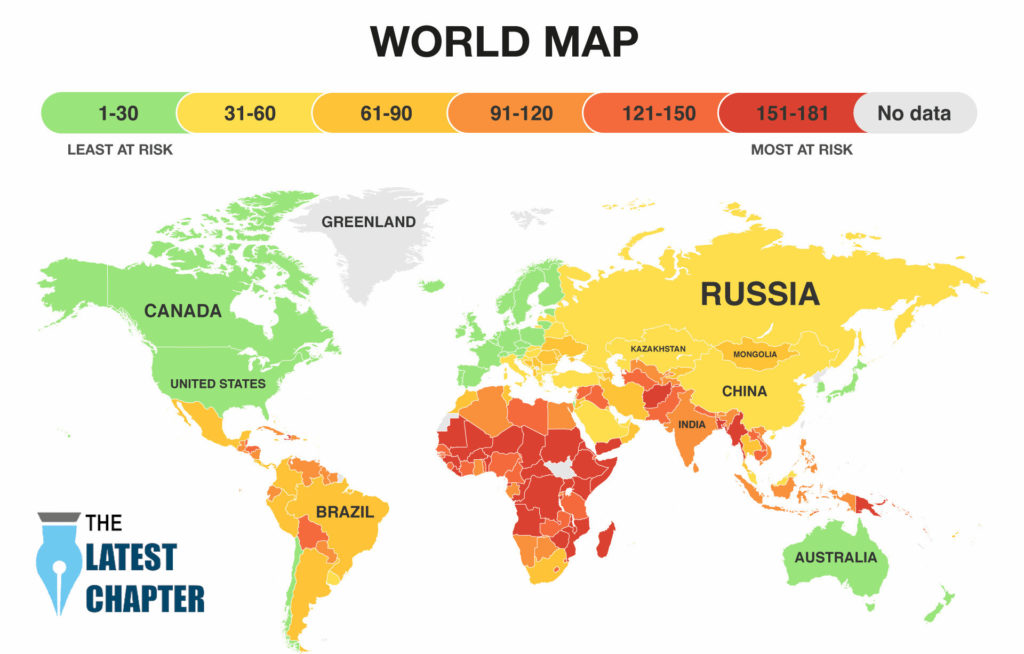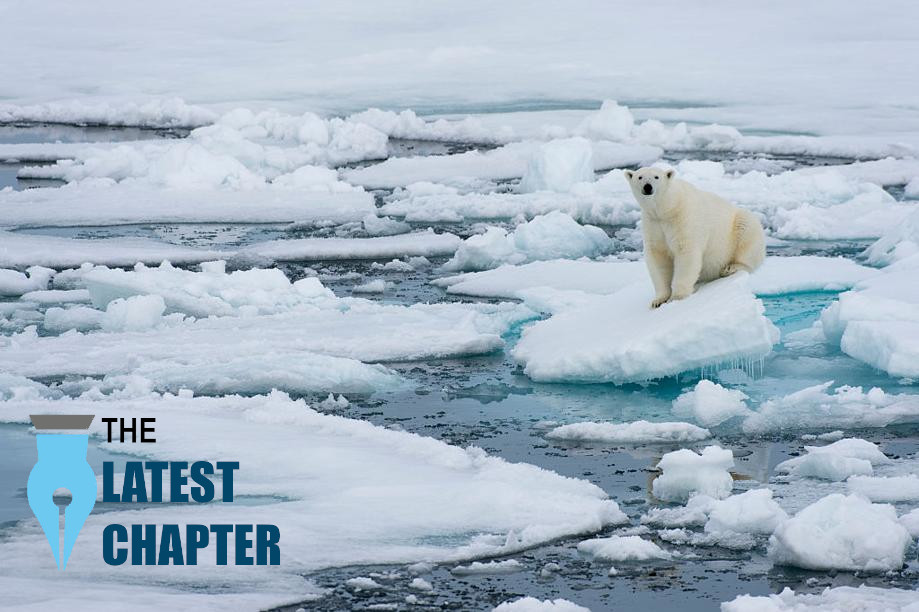Everything is ephemeral, so are we and our Earth. Some of us die in war, some of the diseases, and many on the roads. Surely, all shall die. Similarly, the Earth is meant to fall apart, not from disease or war, but due to us-the very saviours of it. Stopping its destruction is out of context, only can we slow it down. The question is, to what extent do we want our ruination to decelerate a bit? Present scenarios show nothing else, but our indifference towards it.
Uneven heating patterns
The world works unequally. Some are rich, some are poor; some are healthy, some are not; some enjoy pleasures, some die in pain. Not only the economies, wealth, health, and other resources are disparate but also the Earth exhibits unalike behaviour in its heating pattern. It is evident that the Earth is heating up unevenly. The countries responsible for excessive carbon emissions are endangering those with minimal emissions. That’s how nature works. USA, China, India, and the EU are the four blocs that are responsible for one-fourth of carbon emissions, but as yet, these countries are not as threatened as other low carbon-emitting countries. For instance, the whole African continent, Island of Java & Sumatra, and the countries like Pakistan & Bangladesh, regardless of minimal contribution to the heating of the environment, are on the verge of environmental collapse. To add fuel to the fire, no nation is taking it seriously. Be it, all the UN’s over-enthusiastic environment programs, Paris climate accord, or Greta Thunberg’s awareness spree, none has benefitted us.

Global temperature statistics
Globally, average temperatures are little more than 1 degree Celsius (1.8 degrees Fahrenheit) warmer than in the preindustrial era. But roughly one-tenth of the world’s surface area has already experienced 2 degrees Celsius of warming- an amount that UN scientists say will trigger dangerous climate impacts. What worst can we expect that the frozen lakes in many parts of the world are losing their ice, the permafrost of Antarctica is melting and releasing the trapped CO2 along with viruses and bacteria of probably the Cenozoic era, and the once solid Arctic ocean is now becoming liquid. Apparently, it does not alarm many, as in no way such changes portend the imminent destruction of planet earth, but in actual, it is enough to wake us up out of complacency.
The Global Heat Budget
Being a student of Physical Geography, I find it compelling to intuit the readers about the Global Heat Budget. We all know that some of the sun rays are reflected, while some are absorbed by the earth. The heat of the sun received by earth is called Insolation. The insolation of Earth is 53%. The rest of the heat (47%) works in three ways. One, it is absorbed by the ozone layer. Two, it is reflected back to space. Three, it is lost in space. As we all know the ozone layer is a protector of our atmosphere from harmful UV rays, but excessive carbon emissions have rendered the ozone layer in a bad shape. If somehow the Global Heat Budget is disturbed, i.e. more heat reaches earth; catastrophe will be our fate.
The climate fallout
1-Our carbon-intensive practices have disrupted the geophysical process that determines regional climates. For example, temperatures in the Arctic summer (when the sun shines 24/7) are typically moderated by sea ice, which reflects most of the sun’s rays back into space. But summertime ice cover at the pole has rapidly been shrinking. It’s now half a million square miles smaller than the average since 1981. A more exposed ocean means more sunlight gets absorbed as heat, which melts the ice even further. This feedback loop is responsible for making the Arctic the fastest-warming place on the planet.
2– Changes in one part of the planet can destabilise climate systems elsewhere. Scientists say the loss of sea ice in the waters north of Japan has triggered a chain reaction that threatens an entire Pacific ecosystem. Historically, when the ocean surface froze, it would expel huge amounts of salt into the water below, creating a dense, nutrient-rich current that flowed East across the Pacific. With less of the ocean freezing, that current is weakening, and animals are suffering as a result.
3– Climate change is also transforming the systems that circulate air around the globe. As the sun strikes the equator, huge columns of hot air rise up, then out towards the middle latitudes, then sink as they cool. In a warmer world, that air travels farther toward the poles, creating new “hot spots,” such as the one-off the coast of Uruguay. Such hot air from the equator, that was meant to be cooled and then sink, is not following the pattern. Research suggests this warm ocean blob (The Blob is a large mass of relatively warm water in the Pacific Ocean off the coast of North America. The warm waters of the Blob are nutrient-poor and adversely affects marine life.) is shifting southward at a rate of 40 miles per decade. Such conditions can shift weather patterns altogether.
The quick fix
To avoid such circumstances, United Nations scientists say, global greenhouse gas emissions must fall by 7.6 percent per year between 2030. But nations commitments under the Paris Climate Accord are nowhere near ambitious enough to meet this target.
Even this year, when the Covid-19 pandemic has shuttered factories, halted travel, and caused unprecedented disruption to the global economy- emissions are not expected to decline as per required. Unless countries commit to serious changes, humanity would suffer.
- Cricket at Crossroads - 18 July 2020
- Is the debate on climate change outdated? Shall we worry? - 28 June 2020
- What’s left for India in today’s Afghanistan - 1 May 2020


We should worry, if its going to help but that’s not the case i think. Minimizing carbon footprint can be the only solution but we are nowhere to practice it. Messing with nature will only haunt us, like its haunting us all recently.